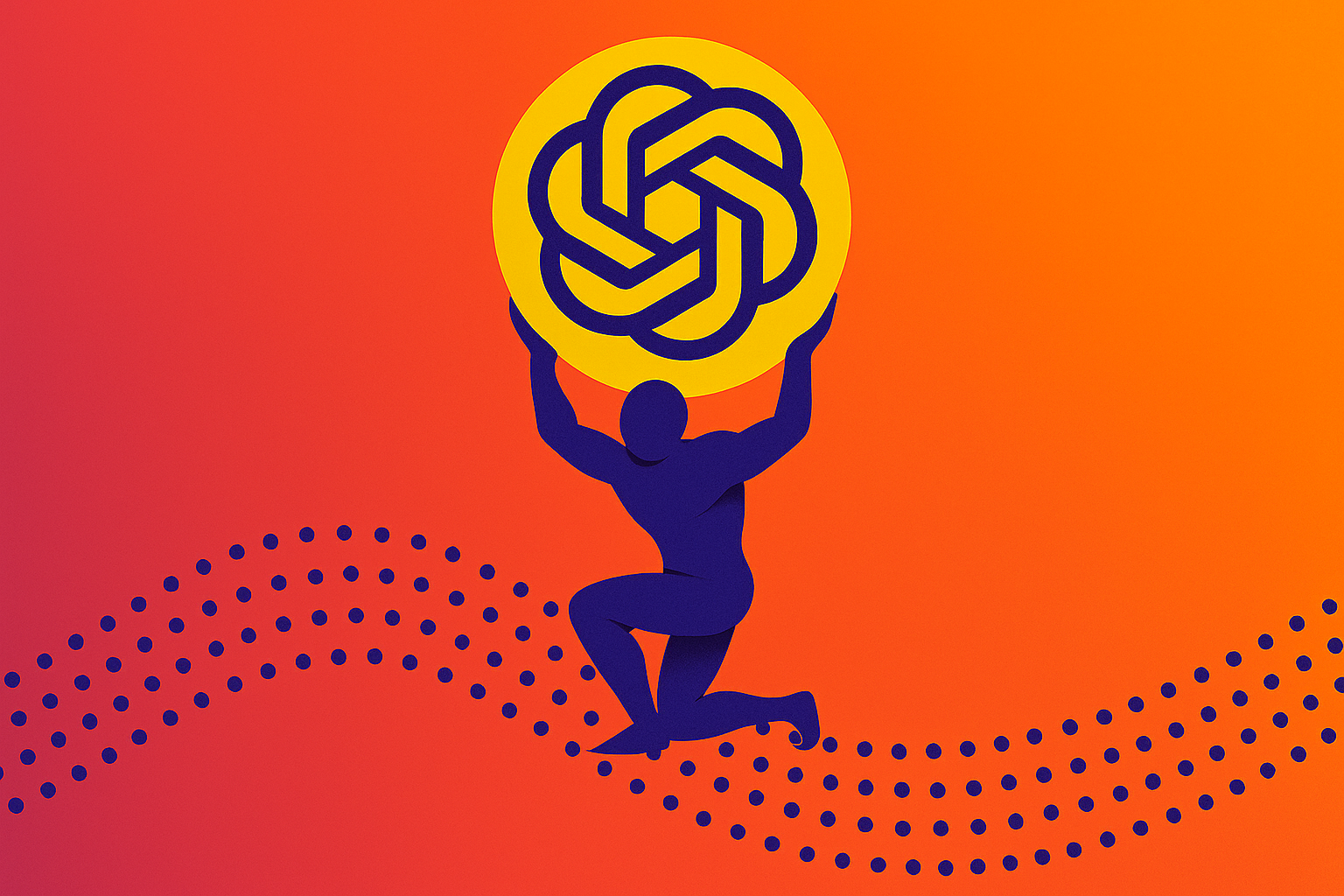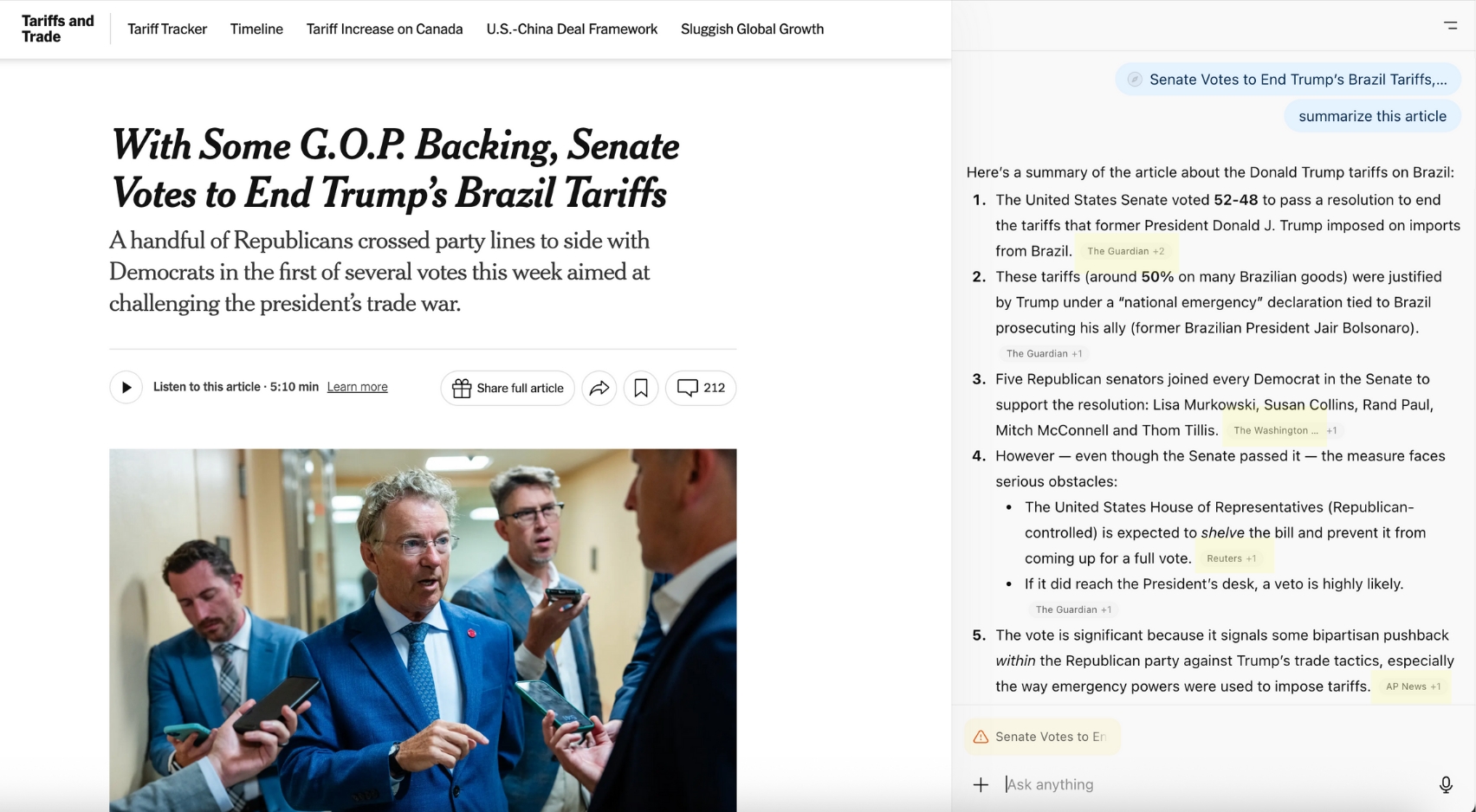OpenAI’s Atlas browser sidesteps NYT and PCMag blocks by steering users to competitors

OpenAI's new browser, Atlas, delivers content about articles from outlets like the New York Times and PCMag, even when they're blocked. Instead of quoting the originals, the AI pulls from (licensed) alternative sources, steering users toward the competition.
The NYT and OpenAI have been locked in a legal dispute for years over alleged unauthorized use of NYT web content, which is why ChatGPT is blocked by default on the NYT site.
Despite these restrictions, Columbia Journalism Review found that Atlas still provides information about NYT stories. Rather than quoting the original articles, Atlas summarizes coverage from sources like the Guardian, Washington Post, Reuters, and AP, three of which have licensing deals with OpenAI.

PCMag gets the same treatment. Its parent company, Ziff Davis, is also suing OpenAI. Instead of pulling from the original article, Atlas pieces together answers using quotes, tweets, syndicated content, and related stories. In some cases, Atlas can even slip past paywalls if the content is just hidden behind an overlay.
This workaround lets Atlas dodge both technical blocks and legal risks. For publishers, it's another tough tradeoff: blocking AI bots like ChatGPT might actually send users straight to licensed competitors—even if they were trying to access your site in the first place.
AI News Without the Hype – Curated by Humans
As a THE DECODER subscriber, you get ad-free reading, our weekly AI newsletter, the exclusive "AI Radar" Frontier Report 6× per year, access to comments, and our complete archive.
Subscribe nowAI news without the hype
Curated by humans.
- Over 20 percent launch discount.
- Read without distractions – no Google ads.
- Access to comments and community discussions.
- Weekly AI newsletter.
- 6 times a year: “AI Radar” – deep dives on key AI topics.
- Up to 25 % off on KI Pro online events.
- Access to our full ten-year archive.
- Get the latest AI news from The Decoder.